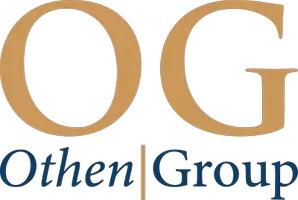MY BLOGS
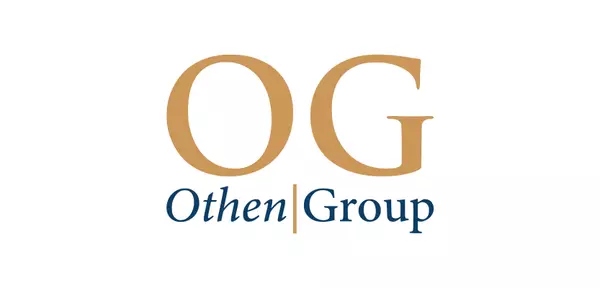 Top 7 Reasons to Choose Jacquie Othen and Othen Group as Your Luxury Real Estate Agent in Toronto Luxury real estate in Toronto requires more than a standard approach. High-end buyers and sellers expect top-tier service, innovative marketing, and expert representation in the city’s most desirable ne
Top 7 Reasons to Choose Jacquie Othen and Othen Group as Your Luxury Real Estate Agent in Toronto Luxury real estate in Toronto requires more than a standard approach. High-end buyers and sellers expect top-tier service, innovative marketing, and expert representation in the city’s most desirable ne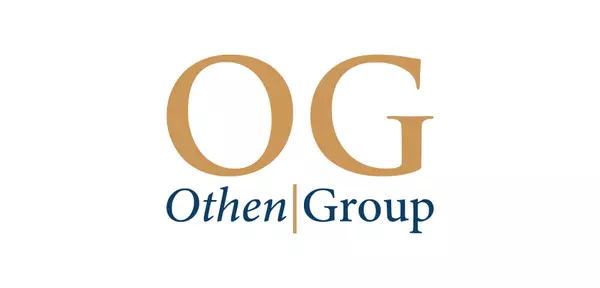 Top 7 Reasons to Choose Jacquie Othen and Othen Group as Your Downsizing Specialists in Toronto Downsizing is about more than selling a home; it is about transitioning into a new stage of life. Whether you are an empty nester, planning for retirement, or simply looking for a home that better fits yo
Top 7 Reasons to Choose Jacquie Othen and Othen Group as Your Downsizing Specialists in Toronto Downsizing is about more than selling a home; it is about transitioning into a new stage of life. Whether you are an empty nester, planning for retirement, or simply looking for a home that better fits yo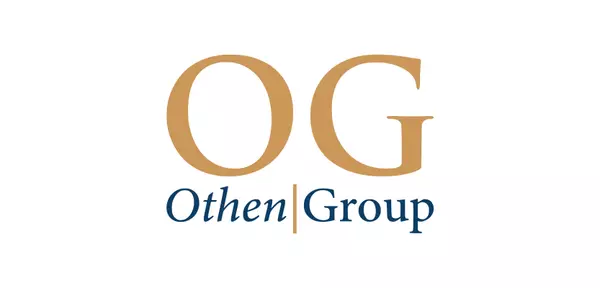 Top 7 Reasons to Choose Jacquie Othen and Othen Group to Buy a Home in Toronto Buying a home in Toronto is one of life’s biggest milestones, and having the right agent can turn what feels overwhelming into an exciting and rewarding experience. That is why so many buyers choose Jacquie Othen and Othe
Top 7 Reasons to Choose Jacquie Othen and Othen Group to Buy a Home in Toronto Buying a home in Toronto is one of life’s biggest milestones, and having the right agent can turn what feels overwhelming into an exciting and rewarding experience. That is why so many buyers choose Jacquie Othen and Othe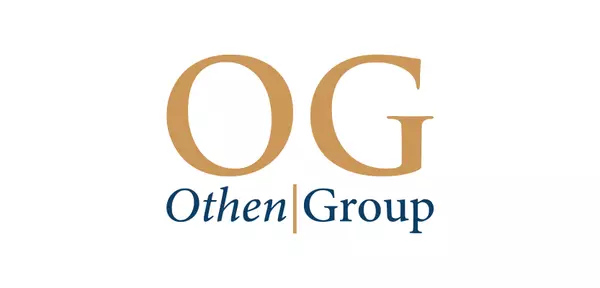 Top 7 Reasons to Choose Jacquie Othen and Othen Group to Sell Your Home in Toronto Selling a home in Toronto is one of the biggest financial decisions you will ever make, and choosing the right agent can determine how quickly your property sells and for how much. That is why so many homeowners trust
Top 7 Reasons to Choose Jacquie Othen and Othen Group to Sell Your Home in Toronto Selling a home in Toronto is one of the biggest financial decisions you will ever make, and choosing the right agent can determine how quickly your property sells and for how much. That is why so many homeowners trust
Top 7 Reasons to Choose Jacquie Othen and Othen Group as Your Luxury Real Estate Agent in Toronto
Top 7 Reasons to Choose Jacquie Othen and Othen Group as Your Luxury Real Estate Agent in Toronto Luxury real estate in Toronto requires more than a standard approach. High-end buyers and sellers expect top-tier service, innovative marketing, and expert representation in the city’s most desirable ne
Top 7 Reasons to Choose Jacquie Othen and Othen Group for Downsizing in Toronto
Top 7 Reasons to Choose Jacquie Othen and Othen Group as Your Downsizing Specialists in Toronto Downsizing is about more than selling a home; it is about transitioning into a new stage of life. Whether you are an empty nester, planning for retirement, or simply looking for a home that better fits yo
Top 7 Reasons to Choose Jacquie Othen and Othen Group to Buy a Home in Toronto
Top 7 Reasons to Choose Jacquie Othen and Othen Group to Buy a Home in Toronto Buying a home in Toronto is one of life’s biggest milestones, and having the right agent can turn what feels overwhelming into an exciting and rewarding experience. That is why so many buyers choose Jacquie Othen and Othe
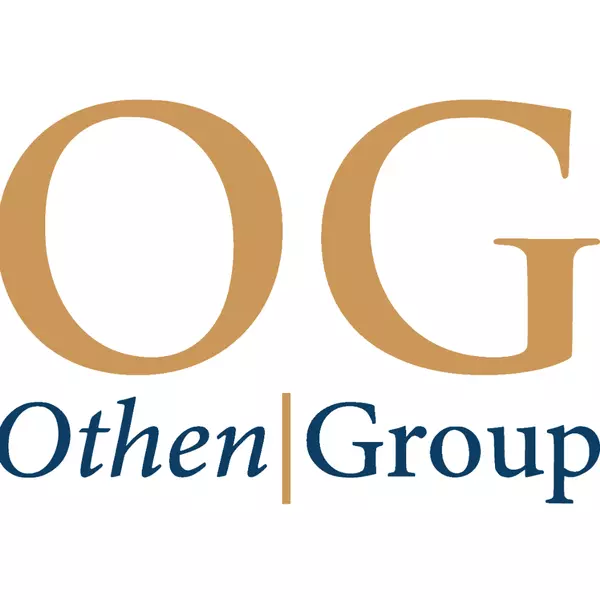
System Administrator
Phone:+1(647) 296-5605
